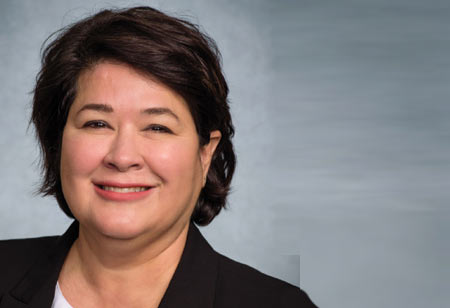Thank you for Subscribing to Healthcare Business Review Weekly Brief

Hiring Therapists as Hospital Staff
Healthcare Business Review
As director of acute therapy, which encompasses physical, occupational, speech, audiology, and music therapy at a large academic medical center, I find the current era of health care interesting and exciting. The landscape of healthcare staffing is on the cusp of a significant transformation, driven by a myriad of factors that collectively paint a promising, albeit challenging, picture of lies ahead.
Within the hospital setting, patients requiring therapy serve as the pivotal starting point for the journey to recovery. Staffing, undoubtedly, stands as one of the factors that influence positive patient outcomes. Timely and tailored therapy interventions not only expedite recovery but also alleviate pain and enhance functional capabilities. Patients appreciate personalized care and feel assured that their needs are met, directly contributing to their satisfaction. Therefore, developing a structured staffing plan, considering patient volumes and acuity levels is fundamental to ensuring long-term sustainability.
The environment is a welcoming place for therapists who thrive on the complexities of a diverse patient population, who relish being present at the outset of a patient's transformative journey, and who derive immense satisfaction from celebrating even the most minor victories with their patients.
The COVID-19 pandemic significantly altered the dynamics of healthcare staffing. Acute therapy was not immune to this. Pre-pandemic, the healthcare industry has already grappled with attracting talent to a demanding work environment. The pandemic unleashed challenges; one of the issues brought to the forefront was the strain on the healthcare workforce. I remain deeply indebted to the dedicated staff who persevered despite fear, added responsibilities at home, and the strain of being on the frontline during a tumultuous period. My gratitude towards them is immeasurable. COVID-19 underscored the paramount importance of not only recruiting but also retaining invaluable personnel.
In moving forward with a proactive approach, implementing flexible scheduling options such as ten-hour workdays and three-day ‘weekend’ workdays. Additionally, competitiveness in salary offerings and the introduction of generous signing bonuses proved successful.
Professional development assumes importance in maintaining a high standard of care
To boost staff engagement, a component in retention, we have clarified and standardized productivity expectations, enabling the sharing of individual therapists’ productivity metrics derived from electronic medical record documentation and providing clear feedback on an individual’s contributions.
Professional development assumes importance in maintaining a high standard of care. Whether through internal or external opportunities, upholding evidence-based practices remains our collective goal. Cultivating an inclusive and diverse culture not only attracts top talent but also promotes collaboration within the team, fortifying the foundation of a sustainable staffing structure.
Holistic staff experience is essential for hospitals to deliver effective therapy services. By investing in acute therapy departments, we empower hospitals to meet their patients’ needs better and contribute to the well-being of the communities they serve. The horizon for therapists who possess a passion for the acute hospital setting shines with boundless promise and opportunities, inviting them to play a pivotal role in shaping the future of healthcare in this dynamic and ever-evolving landscape.









